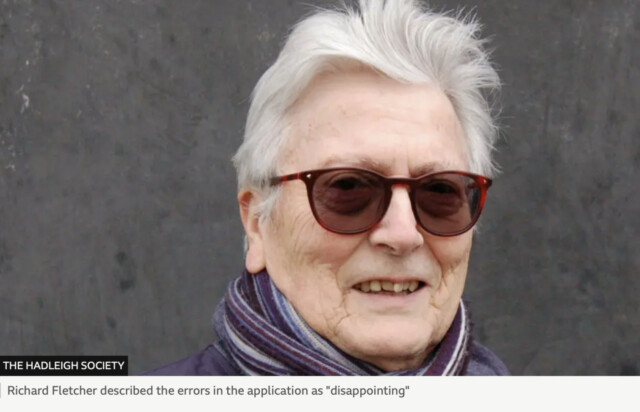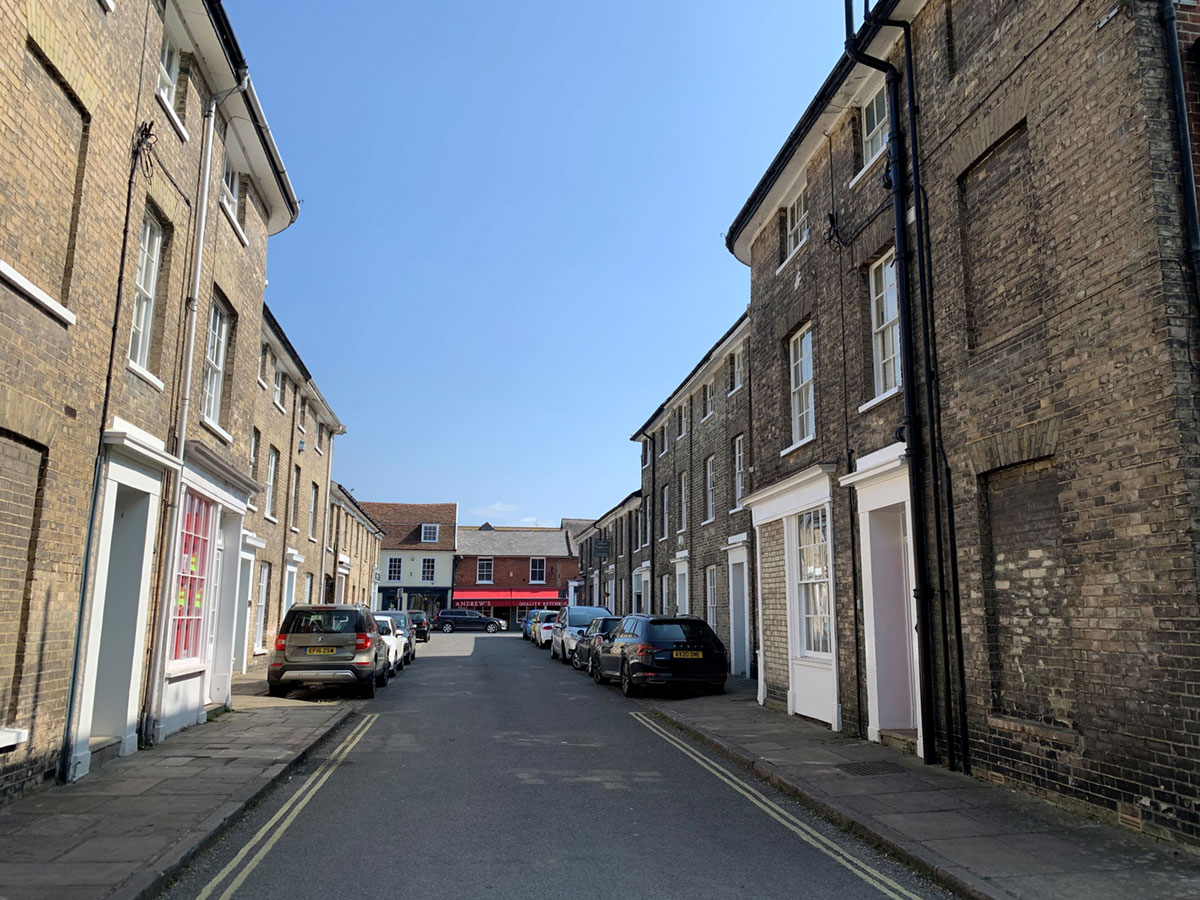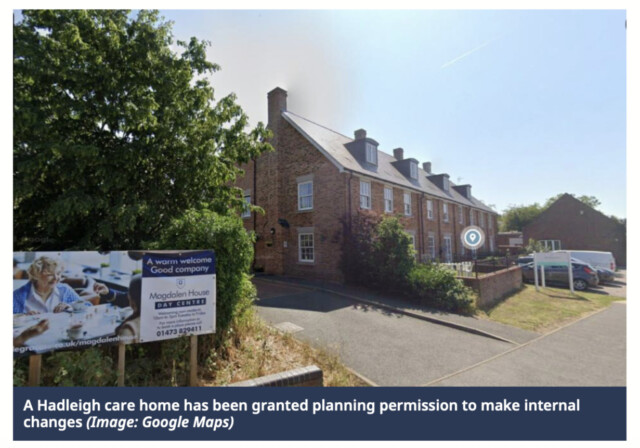Local residents in Hadleigh, Suffolk, have raised concerns over a Lidl planning application riddled with basic location errors. In what seems to be a case study in corporate oversight, the German supermarket giant’s submission to Babergh District Council mistakenly referenced areas nowhere near Hadleigh, casting doubt on how well the company understands the communities it plans to serve.
Among the most glaring errors, Hadleigh was referred to as Halesowen—a town over 150 miles away near Birmingham in the West Midlands. Adding to the confusion, the application cited the 91 bus service connecting Halton Moor and Pudsey in Leeds, West Yorkshire, rather than any local Suffolk routes. While Hadleigh does have its own 91 bus service, it doesn’t serve Lady Lane, the proposed site for the store.
Richard Fletcher, chair and secretary of The Hadleigh Society, expressed frustration over the errors, attributing them to a sloppy cut-and-paste approach by the agents hired by Lidl to prepare the application. “It’s very depressing that there is a plethora of errors, which suggests not a very sensible or local checking of facts on the ground,” Fletcher remarked.
Despite the missteps, Fletcher acknowledged the errors weren’t directly Lidl’s fault but highlighted the lack of attention to detail as indicative of a larger issue with corporate planning. The Hadleigh Society, while not opposed to Lidl, has pointed out further concerns around safety, environmental impact, and the suitability of the store’s standard corporate design for a rural town. “You wouldn’t know if it’s in Hadleigh or the West Midlands—it just doesn’t fit,” Fletcher said.
Lidl has since apologised for the mistakes, with a spokesperson thanking Hadleigh residents for their overwhelmingly positive response to the proposal, noting that 88% of locals support the plans. “We would like to apologise for any errors in the plans, which have now been corrected. We look forward to keeping the local community updated as things progress,” the spokesperson added.
While Lidl’s plans may ultimately move forward, the blunder highlights a persistent issue with large brands appearing disconnected from the communities they aim to serve—an error that risks alienating the very people they hope to attract.


